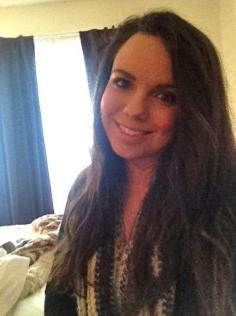by Gerald Buck | May 08, 2014

Start with a core resume that you will keep saved on your computer. This is a basic resume that includes your job objective, your background, your accomplishments, your education, your skills, and any awards you have earned. Basically, this resume includes everything, but you won’t be sending this resume out to anyone.
Before you send it you will be deleting some information and possibly adding some. You need this core resume to work from so you can create great, customized resumes for each job application.
1. Read the Job Posting and Description Thoroughly
Many candidates forget the job posting once they have begun the application process, but this is so important to read and read again. Print it out so you can read it thoroughly and know what is expected of you. Having it printed will help you so you can go back to it anytime.
This will help you tailor your resume for that specific position and impress the hiring manager. They need to know that you understand the job’s requirements and what will be expected of you. The only way the hiring manager will know this is if you include the information in your resume. If you confirm this for them you will have a much better chance of getting a call back for an interview.
2. List Your Relevant Accomplishments, Experiences and Skills
While reading through the job description stop when you see an accomplishment (such as a certain college degree, for example), experience or skill that you have. Write it down. Write down everything that have experience in or have a skill that is in the job description and requirements.
This needs to go into your customized resume for the job position you’re applying for. Remember that experience and skills don’t just come from jobs you’ve had. They also come from volunteer work, unpaid work, relevant hobbies, extracurricular activities, temporary jobs, and more. You’re not limited to your previous jobs.
3. Match Your Information to the Job Description
Now you need to customize your resume to include those relevant accomplishments, experienced and skills. Most recruiters and hiring managers have a software that your resume will go through, and if it doesn’t have the keywords and phrases in it that match the job description and requirements it may never get to their email!
You have to include these so that when the hiring manager scans through your resume seeking out those keywords he or she will see them and shortlist your application. Getting shortlisted means getting a call back for a job interview.
You will gain attention with your tailored resume from the hiring manager. Most people are sending off their same old core resume, which is a huge mistake. You’ll be more likely to receive a call asking you to come in for an interview because you have put in the extra effort others have not. By customizing your resume you are showing the hiring manager that you are serious about the job opportunity and that you are the best candidate for the job.
They will see that you are qualified for the position because you’ve listed what is relevant.










